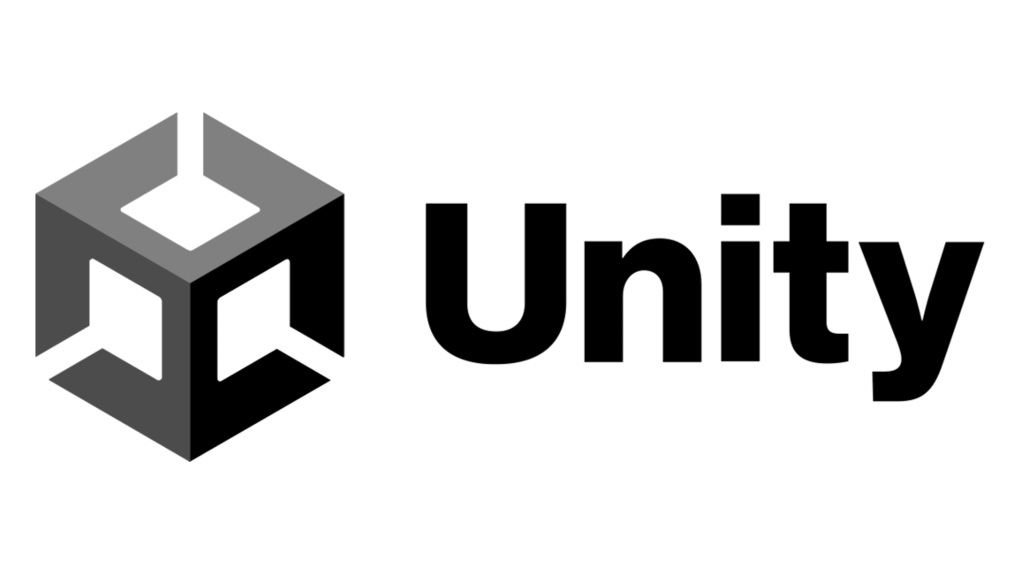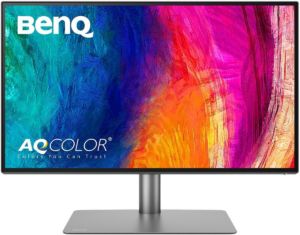Are you planning on creating a video game but don’t know where to start? Game development has become easier in recent years due to the evolution of tools created for game design. Unity is one such revolutionary software that is used for creating games. Unity is an established cross-platform tool used by millions of developers around the world to create impressive interactive worlds, be it games or experiences. From indie game developers just starting out to well established companies, Unity has become a reliable and powerful engine used across different projects.
Developing a game using Unity can be highly rewarding. Unity offers major advantages over other platforms due its modular design, ability to run on multiple platforms, and ease of use. In this article, we will discuss all the benefits of using Unity for gaming development and why it has become so popular among developers today. Unity game development services have become an increasingly popular form of digital art and game creation. Unity allows developers to quickly create vibrant 3D worlds with realistic graphics and physics for modern gaming platforms such as the Xbox One and PlayStation 4. With its flexibility and scalability, Unity is a versatile tool that provides many advanced features specifically designed for gaming purposes.
Benefits of using Unity for Game Development
If you’re a game developer, you know that one of the biggest challenges is choosing the right game engine to get the job done. Unity has emerged as an excellent option for developers who want to create games quickly and cost-effectively. Unity combines robust hardware support with versatile features and an intuitive workflow, allowing developers to produce stunning graphics and highly interactive gameplay.
- Simplified Integration Between Different Platforms: One of the most significant benefits of using Unity is its broad platform compatibility, which allows developers to create a version of their game that can run on different platforms without needing additional development time. The same codebase can be used for PC, mobile devices, web browsers, consoles, TVs and more – giving your game potential reach across multiple channels.
- Comprehensive Editor: An intuitive editor with vast editing capabilities makes it easy for developers to build custom user interfaces and logic-driven interactions with minimal effort. With drag-and-drop capabilities, it’s easy to design maps and 3D models for maximum effect – all within a single editing workspace.
- Exceptional Visual Quality: Unity offers exceptional graphical quality that can be seen in even the most intense gaming experiences. Developers can take advantage of advanced rendering technology while utilizing global illumination effects to create realistic lighting and shadows – all at high frame rates. Unity has built-in tools such as deferred rendering which allows developers to achieve cinematic visuals with minimal optimization required – making it ideal for modern gaming engines or apps that focus on visuals instead of speed or efficiency.
What are the different tools and services available for game development in Unity?
In today’s world, game development is no longer the exclusive province of experienced programmers. With the help of technology, anyone can try – even someone with very little programming knowledge. Unity game developers for hire accessible to everyone by providing powerful tools and services. Let’s take a look at the different tools and services available for game development in Unity.
- Unity Editor – The Unity Editor is the most important tool in Unity’s arsenal. It powers everything you do in your creation process, from coding to sculpting mesh assets or building levels with Prefabs. The built-in Asset Store provides you access to thousands of free or commercial 3D models, scripts and other elements you might need for your project. Plus, its integrated AI allows you to make games with advanced features like image recognition and natural language understanding.
- Paid Assets – There are plenty of paid assets available that have been created by experienced developers who know their way around designing complex game functions from scratch. These come in handy when you need to add sophisticated elements to your game without having to build them from scratch yourself. You can find many store-ready packages on the Asset Store page itself which range from basic animation tools, shaders or scripts all the way up to advanced Artificial Intelligence functions that add machine learning techniques into your two-dimensional (2D) or three-dimensional (3D) projects quickly and easily.
- Plugins – If you want more control over how your games interact with other platforms or services then using plugins would be a good choice for you. Plugins provide a bridge between different environments so that they can utilize each other’s data and effect change within one another without any code changes needed on either side – such as integrating ads into your mobile games from popular ad networks like Google AdMob or AppLovin without ever leaving Unity’s interface.

















